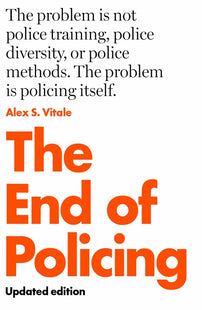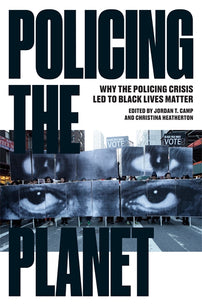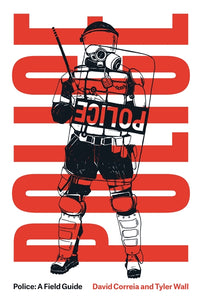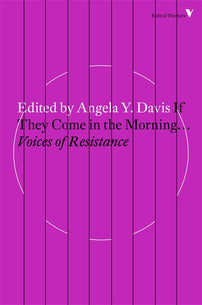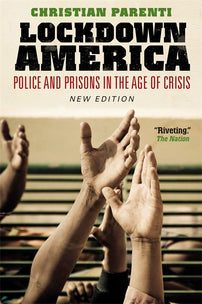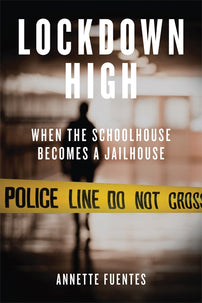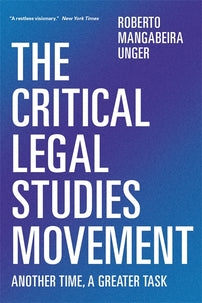For a Critical Criminology
For too long the field of criminology in general, and police studies in particular, has cut itself off from larger questions of justice.
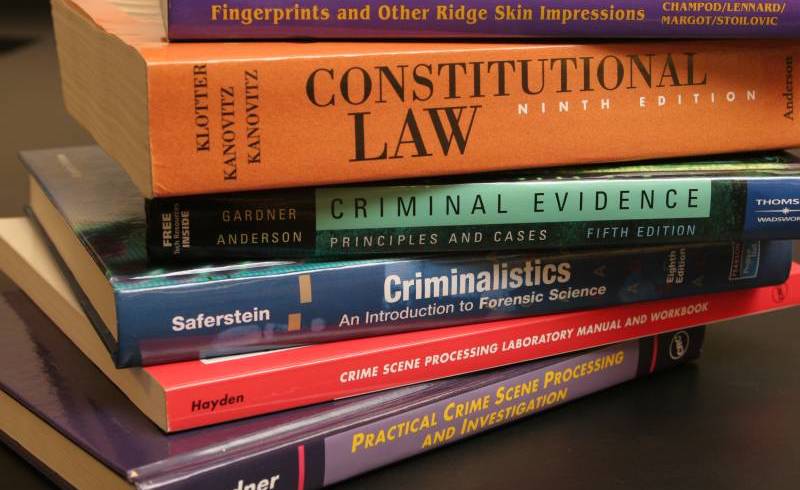
Alex S. Vitale's The End of Policing is out this week and 40% off until Friday, October 20 at 11:59PM PST.
For too long the field of criminology in general, and police studies in particular, has cut itself off from larger questions of justice. It has become a technocratic pursuit of small questions divorced from ethics. We are asked to contemplate whether “stop and frisk,” “broken windows,” or “proactive policing” work. All research must rely on quantitative analysis of outcomes like recidivism and crime rates without any consideration of the human costs. While the numerical assessment of these approaches has given us at best ambiguous results, the question of whether or not they are socially acceptable and to whom is generally left unaddressed.
What if we had concrete evidence that the aggressive use of Stop and Frisk tactics can produce meaningful crime reductions, despite recent finding to the contrary? Does that mean then that we should embrace those tactics? No. Effectiveness alone can never be the only salient criteria. We now know that from New York, to Baltimore, to Chicago, these practices were conducted in an unconstitutional manner. Police were stopping people without any legal basis, relying primarily on a profile of race, age, and gender. This kind of racial profiling is a violation of the Fourth and Fourteenth Amendments and strikes a blow to core notions of justice. It is precisely those principles that are supposed to protect us from the kind of unregulated police state that the founding fathers experienced, hated, and feared. Putting a police officer on every street corner and in every home, might reduce crime, but is that the kind of society we want to live in?
Imagine that Stop and Frisk was both effective and carried out in a lawful manner, does that make it just? No! We must consider the social implications of unleashing an armed police force to undertake millions of punitive interactions with mostly poor and non-white communities based on little more than a profile. What message does it send to those policed in this manner about their place in American society? Aggressive policing, mass incarceration, and punitive probation and parole policies have criminalized a generation of young people, treating them not only as less than full citizens, but too often as less than human. In the process, they are driven further out of mainstream society and put behind social and physical walls that deny them access to a decent standard of living or quality of life. We already know that many young people of color view the police as an occupying army in their communities; there to maintain a system of racial oppression, not one of public safety. This is strong evidence of a profound social crisis, which quantitative studies of police effectiveness routinely fail to address beyond superficial discussions of enhancing police legitimacy or improving police-community relations.
Even these core ideas of police legitimacy need deep interrogation. Too much of the police reform movement is focused on improving relations between the police and policed through interventions like procedural justice that often fail to take into account the basic functional role of police. Do we really want a more legitimate War on Drugs? Can we really make Broken Windows policing more responsive to the concerns of homeless people, youth of color, or immigrants, who are at risk of deportation for even the tiniest of infractions? Once again, the answer is no. It is only through an ethical critique of the core functions of policing that we can establish a just system of policing.
In order for this to happen, academic researchers have to integrate ethical considerations into their work. The metrics of better policing should encompass measures of the number of punitive interactions with the public, rates of incarceration, and injuries and deaths at the hands of police. These metrics have to be relevant regardless of the legal particularities of any given incident. In the UK it is understood that any time an officer kills someone, or someone dies in police custody there has been a failure that must be investigated and learned from. This is not just about the guilt or culpability of a particular officer; it’s about the functioning of a system in which lives matter — a consideration too often missing in American policing.
Huge swaths of our criminal justice system rest on a bedrock of injustice. Trying to make that system run more effectively or efficiently misses this larger truth. Any study of these systems must bring to the fore the historical legacies of these systems and the ways in which they reproduce racial and class inequalities. We cannot explore policing, courts, and prisons in a historical vacuum. The role of these systems in producing and perpetuating racial inequality, the suppression of social movements, and the criminalization of the poor must be made visible.
At the root of this problem is the fact that too much of the research is done by scholars who lack a critical distance from the subjects of their study. They teach in programs whose primary purpose is the reproduction of these institutions through the training of new and continuing workers within them. Many have also come to direct their attention to where the grant money is. The Department of Justice and many major foundations are not interested in questioning the basic social purpose of these institutions but instead in getting them to run more effectively with more community support. There is no funding available for research that fundamentally questions the War on Drugs, explores the excesses of the domestic War on Terror or the decriminalization of sex work. Under Obama, the Justice Department had a narrow interest in restoring police legitimacy, but now even this limited and problematic agenda is under assault. Will researchers uncritically chase after grants from a Trump administration interested in expanding the power and punitiveness of these systems?
One way out of this is to focus more on the individuals and communities that have been caught up in these systems in harmful ways. We need their understandings and voices to be front and center. People like Glenn E. Martin of Just Leadership USA and Johnny Perez of the National Religious Campaign Against Torture and organizations like BYP 100 and Critical Resistance know firsthand both the challenges their communities face and the inhumanity of the criminal justice systems that are supposed to help those communities, but rarely do. The voices of those who have been caught up in these systems are not always unified and many of them could benefit from well-constructed research and the depth and breadth of experience many researchers have. But criminal justice research and policy must always take their perspectives seriously and whenever possible look at them as partners not objects of study.
It’s time for a drastic change in our approach to criminal justice research and reform. We need to move beyond the shoring up of systems that are rooted in coercion and punishment and look for community safety and security solutions that don’t come with the collateral consequences inherent in armed police, jails, and prisons.
There are those who are doing this work. But too often those researchers struggle for funding and professional recognition because work that questions the basic purposes of criminal justice institutions is not valued by funders, major journals, and sometimes our colleagues. Fortunately, there is growing set of academic voices outlining an ethical approach to the criminal justice system. The Recommended Reading section of The End of Policing lists dozens of recent monographs that do this, but telling, many of the authors are not criminologists. Some of this work is explicitly abolitionist. New works such as Paul Butler’s book Chokehold, Andrea Ritchie’s Invisible No More and Dorothy Robert’s recent article on democratizing criminal law for Northwestern Law Review all ask us to consider a dramatic reduction in our reliance on police and prisons to manage our social problems. At the root of their shared analysis is an understanding that these systems don’t exist for the benefit of communities of color, despite their claims and even intentions to the contrary. It is this social reality that should be explored by researchers.
[book-strip index="1" style="display"]